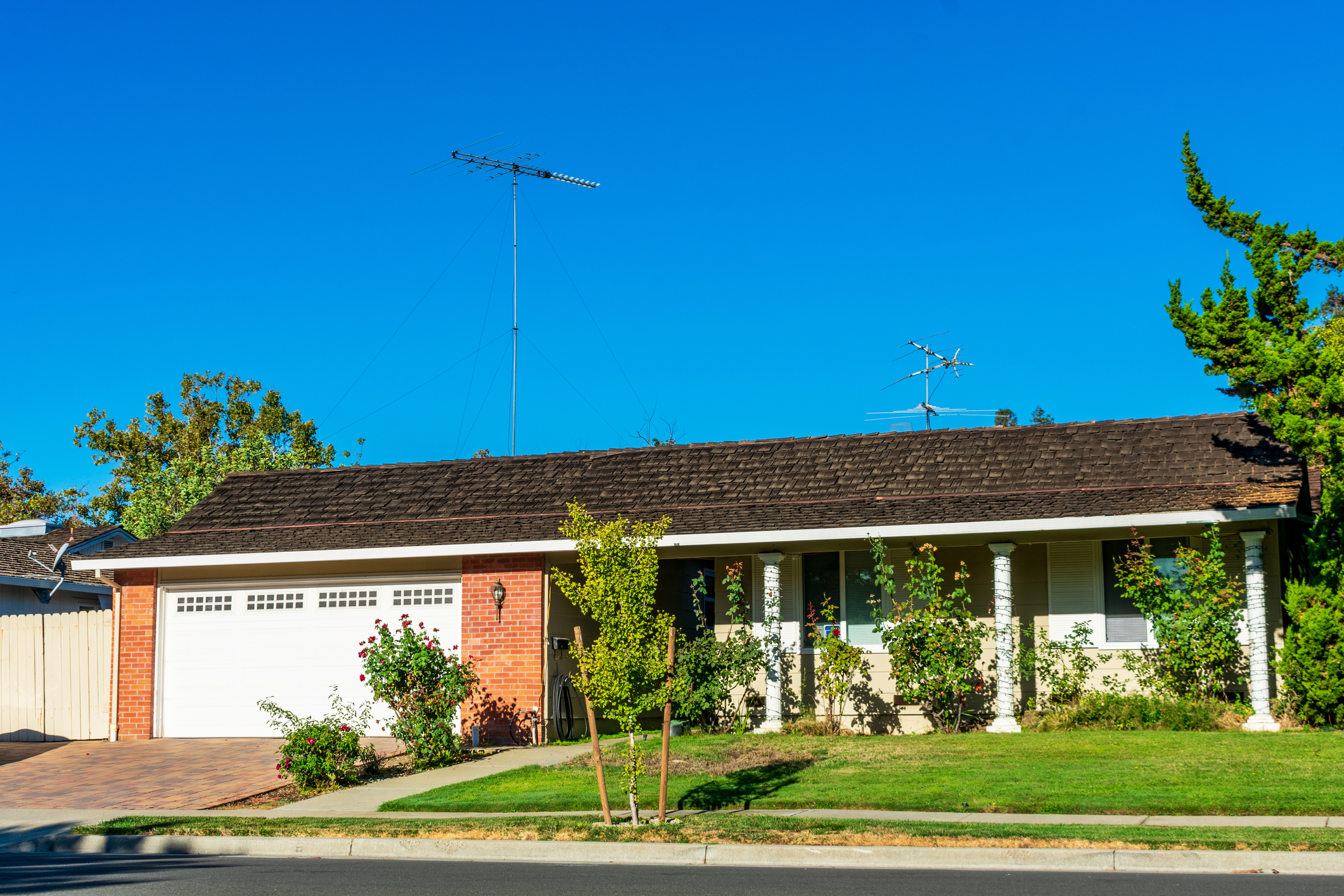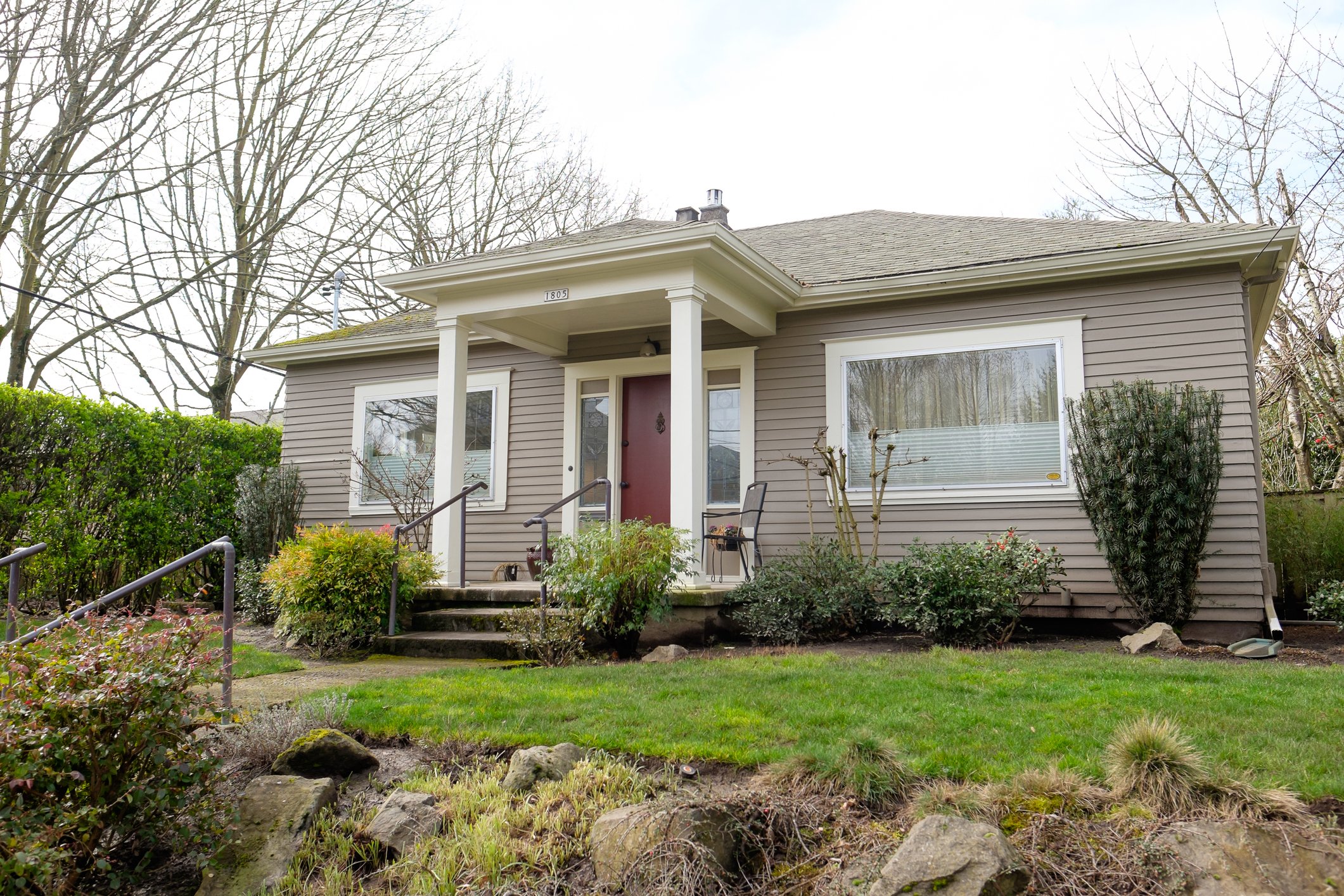Hard Money Second Mortgages - Pricing, Closing Costs, Terms, and Interest Rates — 2024
If you’re trying to estimate the costs for a hard money second mortgage, we've got you covered with this blog post on pricing, closing costs, terms...
4 min read
 Ted Spradlin
:
Jul 24, 2023 6:50:04 AM
Ted Spradlin
:
Jul 24, 2023 6:50:04 AM

Every year, we receive one or two financing inquiries asking for a hard money second behind a reverse mortgage. It’s an excellent question, and certainly on the minds of some of the many people with reverse mortgages who need to access equity or funds to pay for an unexpected expense.
The short answer to the question is, “No, we can't issue a hard money second mortgage behind a reverse mortgage."
I'll explain further, but first, let's touch on the topic of reverse mortgages more generally.
If you’re searching for a hard money second loan behind a reverse mortgage, chances are you either already have a reverse mortgage, or are researching for someone who does. If not, the information below will quickly get you up to speed on reverse mortgages.
A reverse mortgage is a type of loan available to homeowners who are 62 years or older, which allows them to convert part of their home equity into cash. This can provide income to seniors who are "house-rich" but "cash-poor," and doesn't require the homeowner to make any loan payments.
Instead, the homeowner can opt to receive a lump sum, monthly payments, or a line of credit based on a percentage of their home's equity. The amount they can borrow depends on factors such as the age of the youngest borrower, current interest rates, and the home's appraised value —or the FHA's mortgage limits for the area, whichever is less.
One major benefit of a reverse mortgage is that the homeowner can continue to live in their home. However, they must continue to pay property taxes, homeowner's insurance, and upkeep costs, or the loan could become due.
The loan doesn't have to be paid back until the last surviving homeowner permanently moves out of the property or passes away. At that time, the estate has approximately six months to repay the balance of the reverse mortgage or sell the home to pay off the balance. All remaining equity is inherited by the estate. If the home sells for more than the balance, the surplus goes to the homeowner. If the home sells for less, neither the homeowner nor their heirs are responsible for the remaining balance. Any deficiency balance is covered by the HUD insurance premium included in the upfront closing costs when the borrower took out the loan.
A reverse mortgage's balance grows over time due to interest and fees. Here's a step-by-step breakdown:
1. Interest:
When you receive the loan funds from a reverse mortgage, you start accruing interest on the amount borrowed. This is typically a variable rate, though some lenders offer a fixed-rate option. The interest isn't paid out of pocket; instead, it's added to the loan balance.
2. Fees and Costs:
The costs of origination fees, mortgage insurance premiums, and other closing costs can be substantial. These can either be paid upfront or rolled into the total loan balance. If they're rolled into the loan balance, they accrue interest over time, just like the principal amount.
3. Monthly Charges:
Each month, lenders may add service fees to the loan balance, and you'll also be charged for any mortgage insurance premiums.
4. Accruing Balance:
Each month, the interest on your loan and any fees are added to your loan balance. This means that the amount you owe grows over time as interest accumulates and compounds.
5. Home Equity:
As the loan balance grows, your home equity (the value of your home minus what you owe on it) decreases, assuming the home's value remains the same.
So even though you're not making monthly payments, the amount you owe is growing over time. This is why reverse mortgages are often considered "rising-debt, falling-equity" loans. They're structured to provide income for homeowners who have most of their wealth tied up in their homes.
There are three main reasons why most hard money lenders won't do a second trust deed behind a reverse mortgage.
A hard money second mortgage would be considered a consumer purpose loan, which is a loan for personal, family or household use, and a lender offering a consumer purpose loan would have to follow federal consumer lending regulations, where they document the borrower’s ability-to-repay (ATR) and other compliance guidelines.
Very few hard money lenders provide consumer purpose loans. Instead, they focus on business purpose loans for real estate investors, home builders, house flippers, and business owners who need a short-term bridge loan using their business' real estate as collateral for a loan. Business purpose loans don't need to document ATR like consumer purpose loans.
With a reverse mortgage, the borrower does not have to make payments. Reverse mortgage lenders are exempt from documenting ATR. Since the borrower isn’t making payments, the balance on their reverse mortgage increases each month.
Every reverse mortgage, or Home Equity Conversion Mortgage (HECM) issued by an FHA/HUD approved lender records both a first and second deed of trust or mortgage (depending on the state you live in), so that HUD’s interest is protected with the second mortgage. The first lien is for the amount of the initial draw at the time of closing while the second lien covers HUD for future draws and accrued interest, which causes the loan amount to grow over time.
If you want excellent information about reverse mortgages with two recorded deeds, check out All Reverse Mortgage, Inc.’s in depth blog post, Why Reverse Mortgages Have 2 Notes & 2 Trust Deeds.
A hard money second mortgage behind a reverse mortgage would actually be a third trust deed.
If a homeowner could find a hard money lender in their state to do a consumer purpose hard money second or third mortgage, that lender would need to document how the borrower can afford the payments and be okay with losing all of the principal if the reverse mortgage continues growing over time. The longer a person lives in their home, the bigger the reverse mortgage principal balance grows, decreasing the hard money lender’s equity protection.
Hard money lenders refer to this as "margin erosion," which means their equity position, or cushion, is at risk of being wiped out.
I don’t know of any hard money lenders that want the risk of losing 100% of their principal behind a growing reverse mortgage.
If someone is going to record a deed of trust behind a reverse mortgage, it’s most likely going to be a family member who loans the homeowner money without payment, but records a lien to be collected when the house sells — assuming the reverse mortgage balance hasn’t grown greater than the home value.
The main purpose for a family member to record the deed of trust behind the reverse mortgage is to have a record of the money they loaned to the homeowner. It could make closing out the homeowner’s estate less complicated.
Conclusion
It’s nearly impossible to obtain a hard money second behind a reverse mortgage. One reason is that the reverse mortgage balance keeps growing each month, decreasing the equity position of the hard money junior lien. It would also be considered a consumer purpose loan — which is difficult to secure at all, let alone behind a reverse mortgage with a growing balance. A better course of action is to borrow money from a family member who records a deed of trust that can be collected when the house sells someday in the future.

If you’re trying to estimate the costs for a hard money second mortgage, we've got you covered with this blog post on pricing, closing costs, terms...

First Capital Trust Deeds (FCTD) does not offer hard money second mortgages for personal debt consolidation, even to bring up credit scores in order...

If you're seeking a hard money second mortgage to cure the foreclosure action on the owner-occupied first mortgage secured by your primary residence,...